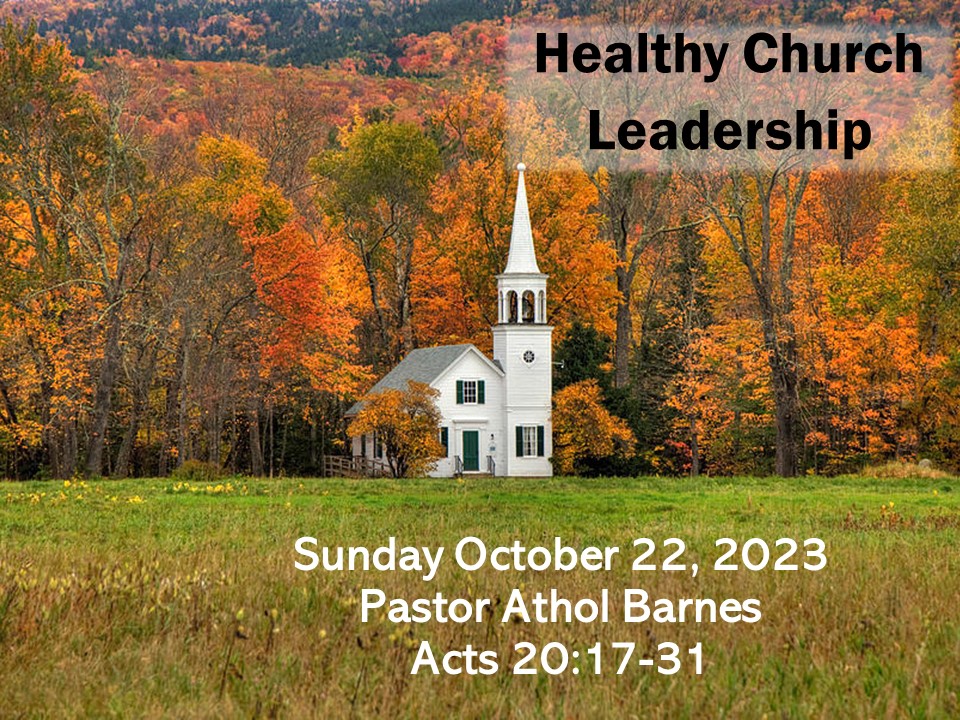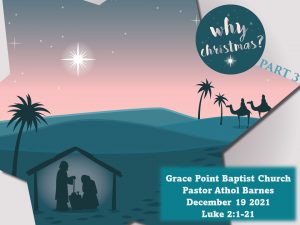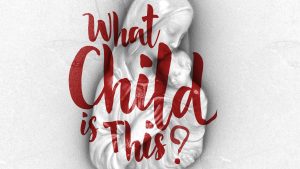
As the Apostle Paul came near to the end of his life, he traveled around to the churches he had planted on his missionary journeys to encourage them, telling them that they would not see him again (see Acts 20:36-37).
One of these churches was the church in Ephesus in a region that influenced most of Asia Minor. Paul had invested years in this region, and he had a deep love and passion for this church. He called the elders of the church together and gave them a farewell speech.
But who were these men and what was their role in the church in Ephesus?
The Calling of Elders
The early church grew rapidly and so did the need for godly men to lead the churches. They appointed elders to care for the spiritual health of the church. While Jesus is the head of the church— he is the Good shepherd—he calls under-shepherds to tend the flock of the church (see Ephesians 4:11-12 and 1 Timothy 3:1-7).
Paul, speaking to the elders in Ephesus in Acts 20:28, says, “Keep watch over yourselves and all the flock of which the Holy Spirit has made you overseers. Be shepherds of the church of God, which he bought with his own blood.”
Jesus valued his church in Ephesus. And he values the representation of his body here at Grace Point. It is his, bought with his own blood. And it is because the church is precious to Jesus that he calls men to shepherd it.
The Role of Elders
Paul continues, warning the elders in verses 29-30, “I know that after my departure fierce wolves will come in among you, not sparing the flock; and from among your own selves will arise men speaking twisted things, to draw away the disciples after them.”
The early church was under constant persecution for the first four hundred years. But there were also internal challenges from false teachers and leaders who sought to manipulate the church for their own profit. Paul warned the Ephesian elders of “fierce wolves” who would infiltrate the church, as well as those from within who would distort the teachings of Christ. Jesus used the same imagery in Matthew 7:15.
False teaching takes various forms, but Satan’s tactics have remained consistent throughout history. Some common signs of false teaching include denying the divinity of Jesus, rejecting the resurrection, challenging the authority of the Bible, or diminishing the sufficiency of Christ’s atonement. These are explicit deceptions. More subtle false teachings might encourage salvation through works, striving to earn God’s favor, or promoting extra-biblical revelations.
Elders play a crucial role in safeguarding the church from false teaching. Their primary responsibility is to nurture and feed the flock with the Word of God. John 6:35 illustrates that Jesus is the “Bread of Life,” and elders are tasked with ensuring the church is nourished by the Word. It’s the Word of God that sustains and grows the church, not marketing or management strategies.
The Plurality of Elders
Elders are also sheep, and as such need accountability and shepherding as well. This is why a church needs more than one elder. Having more than one elder in the church strengthens the church and guards against strong personalities that might slowly begin to introduce false teaching.
Biblical leadership principles emphasize plurality in leadership. While we may use terms like “senior pastor” or “associate pastor,” the New Testament emphasizes a team of elders who pray, study the Word, and provide spiritual guidance together. Plurality ensures a healthy balance of leadership, preventing any one individual from potentially leading the church into false teaching. John MacArthur wisely points out, “their combined counsel and wisdom helps assure that decisions are not self-willed or self-serving to a single individual. In fact, one-man leadership is characteristic of cults, not the church.”
The Nature of Elders
The term “shepherd” might have been perplexing to the first-century church. Shepherds were not held in high esteem; instead, their role was one of humility and sacrifice. Similarly, elders within the church are called to be spiritual shepherds, and by nature, that means three things
1: Shepherding is spiritual work.
Shepherding sheep was not flashy work; it was humble, sacrificial work with no shortcuts. Similarly, the growth of the church is not driven by worldly methods or quick-fix strategies. It’s a spiritual endeavor that requires spiritual leadership.
2: Shepherding is hard work.
Just as being a shepherd in the ancient world was dangerous and challenging, shepherding the church involves spiritual warfare, discouragement, and many other challenges. The elders of the church must be prepared to commit to pray, fast, and serve the body of Christ.
3: Shepherding is answerable work.
Shepherds answered to the owners of the sheep; they were responsible for the care of the sheep they had been entrusted with. Elders are accountable to the Lord for the health and spiritual growth of the church. The church belongs to God, and they are stewards of His people (see Hebrews 13:17).
The Church and Elders
You might be reading this asking, what does this have to do with me?
I encourage you to commit to the church. Become a member of the church if you haven’t already and be an active member of the Body of Christ by praying and using your gifts to serve. This goes far beyond our gathering on a Sunday morning; that is just a springboard for the impact we can have on one another and our community today and for generations to come. As the elders – shepherd and the sheep commit through serving and praying, the whole church is strengthened.
In this age we live in, being part of a church will require active engagement. The season for passivity is over. Being a follower of Jesus is not for spectators. Jesus is building his church and raising up elders to oversee it; will you engage with him in it?
Will you commit to the church?



